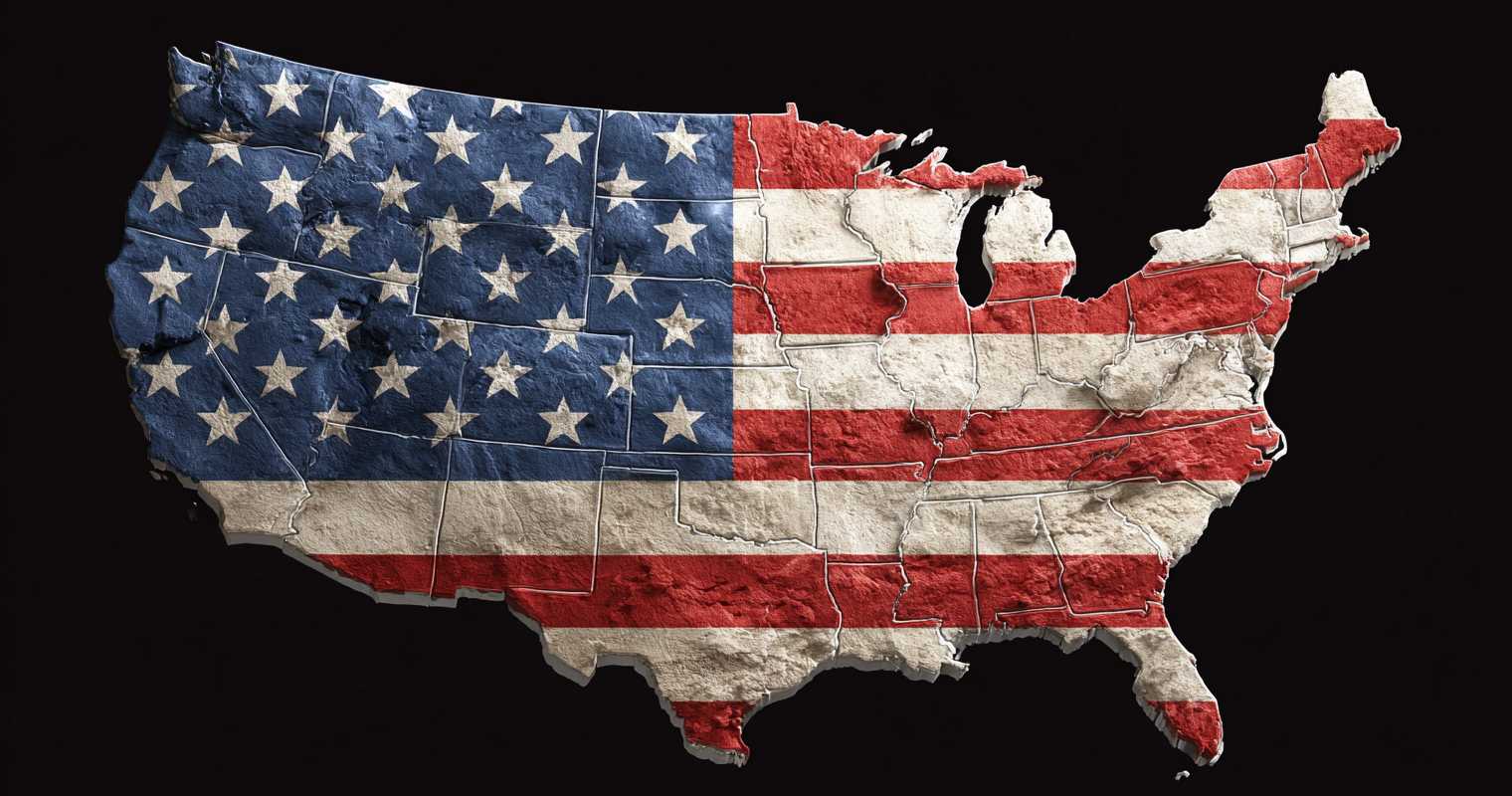
Step into the American History General Knowledge Quiz and uncover a nation defined by invention, creativity, and a vibrant cultural spirit that connects generations. From the birth of jazz in New Orleans to the bustling energy of New York City’s skyline, America’s story is woven from moments of innovation and celebration. It’s a history that thrives in the traditions of small towns, the dynamism of big cities, and the shared pride of its people.
Communities across the United States have contributed to a heritage that reflects determination and imagination. Festivals bring streets alive with parades and music, while local artisans preserve crafts that tell the story of their ancestors. Even the food culture, from regional barbecues to iconic apple pie, serves as a delicious reminder that American history is as much about everyday life as it is about landmark achievements. Each corner of the country offers a glimpse of how ordinary people helped shape an extraordinary legacy.
7 Fun Facts About American History
- The world’s first Ferris wheel debuted in Chicago at the 1893 World’s Fair.
- Alaska is home to more coastline than all other U.S. states combined.
- Jazz, an American original, began in New Orleans before spreading across the globe.
- The first American hot dog stand opened in Coney Island in the 1870s.
- Route 66, known as the “Main Street of America,” once connected eight states and became a cultural icon.
- Hawaii celebrates “Lei Day” every May 1st to honor its tradition of floral garlands.
- The Library of Congress is the largest library in the world, with over 170 million items.
Understanding America’s history means looking beyond textbooks and recognizing the cultural heartbeat that drives it forward. Its past lives in the laughter of summer fairs, the sound of a marching band on the Fourth of July, and the traditions that continue to grow and evolve. In these moments, history stops being distant and instead becomes part of daily life, as vivid and personal as any memory.
Culture and Innovation in America
American culture thrives on diversity and invention. Jazz, blues, and country music each tell a story about the communities that created them, while Hollywood’s film industry has shared American storytelling with the entire world. These artistic movements reveal how culture not only reflects history but also shapes it.
Innovation has always been central to America’s identity. From the light bulb to the personal computer, American inventors have consistently transformed the way people live and work. Their creativity reflects a belief in possibility and progress that remains a defining national trait.
Even local traditions highlight this inventive spirit. Events such as state fairs and craft festivals showcase how communities celebrate their heritage while embracing new ideas, blending the past and present into something uniquely American.
Festivals and Traditions
Festivals across the United States embody its cultural richness. From the dazzling Macy’s Thanksgiving Day Parade to small-town county fairs, these celebrations create spaces where history feels alive and shared. They offer a chance to honor old customs while welcoming new ones.
Local traditions, like blueberry festivals in Maine or rodeos in Texas, give each region a distinctive identity. These events not only preserve history but also invite visitors to experience it firsthand through music, food, and storytelling.
Even nationwide holidays like Independence Day bring the country together in a spirit of joy and pride. Fireworks, family gatherings, and community events turn a single day into a vibrant expression of American history and unity.
Language, Art, and Everyday Life
The American story is also told through language and art. Regional dialects and expressions reflect the unique character of each part of the country, creating a tapestry of voices that enrich its identity. Literature and painting, from Mark Twain to Georgia O’Keeffe, add depth to this narrative.
Architecture carries its own history. Skyscrapers in Chicago and historic brownstones in Boston stand as symbols of growth and continuity, blending the country’s past and present. These landmarks remind us that history is not confined to museums; it shapes the spaces where people live and work.
Everyday traditions—from Sunday barbecues to neighborhood block parties—show that history doesn’t always need grand events. Sometimes, it lives in the simplest customs that people share with family and friends.
7 Serious Facts About American History
- The United States is home to 24 UNESCO World Heritage Sites, many reflecting cultural and historical significance.
- The Smithsonian Institution operates 21 museums and is a cornerstone of historical preservation.
- The Erie Canal, completed in 1825, transformed trade and settlement across the country.
- Harlem’s cultural renaissance in the 1920s reshaped American music, literature, and art.
- The U.S. Census, first taken in 1790, remains one of the country’s oldest continuous traditions.
- National parks, established in the late 19th century, preserve both natural beauty and cultural heritage.
- The American Folklife Center documents and safeguards cultural traditions from every region.
/qsm
American History General Knowledge – FAQ
The American Revolution, which took place from 1765 to 1783, marked the colonies’ fight for independence from British rule, leading to the establishment of the United States as a sovereign nation and setting the stage for democratic governance.
Key figures like George Washington, the first President of the United States, played crucial roles in the nation’s founding and early development, setting precedents for leadership, governance, and diplomacy that continue to influence American society today.
The Civil War, fought from 1861 to 1865, was a defining moment in American history as it led to the abolition of slavery, the preservation of the Union, and the redefinition of the federal government’s role in protecting civil rights and liberties.
